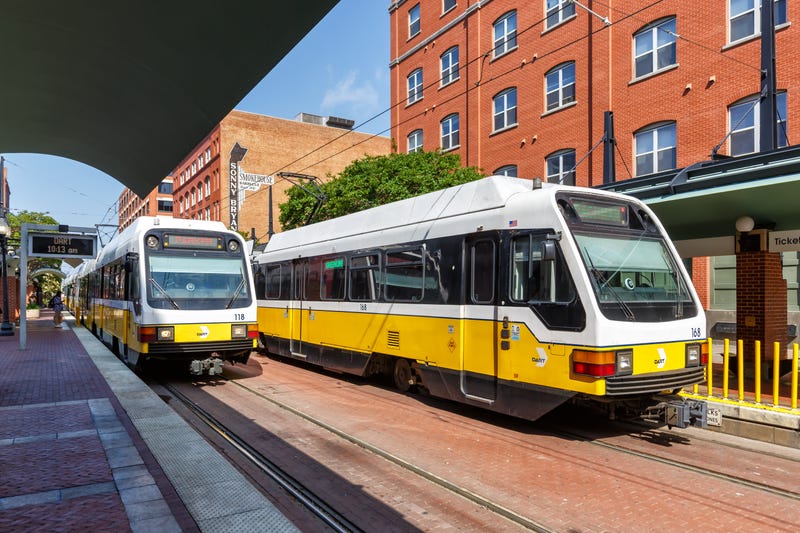
DALLAS, TX – May 7, 2025 – A new bill in the Texas Legislature could reshape public transportation funding in North Texas, potentially slashing financial support for Dallas Area Rapid Transit (DART). House Bill 3187, sponsored by Rep. Matt Shaheen, seeks to allow certain cities to reduce their sales tax contributions to DART, arguing that municipalities should not be required to fund services they don’t fully utilize.
If passed, the bill would permit cities to cut their DART funding by up to 25%, a move transit officials warn could reduce bus and rail services by 30%, lead to thousands of lost jobs, and create long-term economic disruptions.
Economic & Event Impact
DART executives argue that these funding reductions could severely weaken public transit infrastructure ahead of the 2026 FIFA World Cup, which is expected to bring hundreds of thousands of visitors to North Texas. They caution that decreased service levels might create travel bottlenecks, making it harder for Dallas to handle the influx of tourists and event attendees.
Beyond the World Cup, business leaders say the proposal undermines economic development, as companies increasingly consider public transit accessibility when choosing headquarters and regional offices. The North Central Texas Council of Governments has expressed concern that cutting transit services could lead to heavier traffic congestion and hurt workforce mobility.
Political Divide
Supporters of the bill argue that cities deserve more flexibility in allocating tax revenue, ensuring that they’re not paying more than they receive in transit services. “This bill is about fairness—it lets local governments decide how much they should contribute,” Rep. Shaheen said in a statement.
Opponents warn that allowing cities to lower their contributions could disproportionately impact riders who rely on affordable transit. Advocacy groups argue that cutting funding would force more people into longer commutes, increased rideshare costs, and greater reliance on personal vehicles.
Looking Ahead
The bill has advanced to the Texas House floor, where lawmakers will debate its long-term ramifications. If approved, the funding changes could take effect as early as January 2026, reshaping North Texas’ transit network.
Officials from DART, regional business groups, and community leaders are expected to challenge the measure in upcoming hearings, pushing for amendments that protect essential transit services while addressing concerns over tax distribution.
LISTEN on the Audacy App
Tell your Smart Speaker to "PLAY 1080 KRLD"
Sign Up to receive our KRLD Insider Newsletter for more news
Follow us on Facebook | Twitter | Instagram | YouTube
